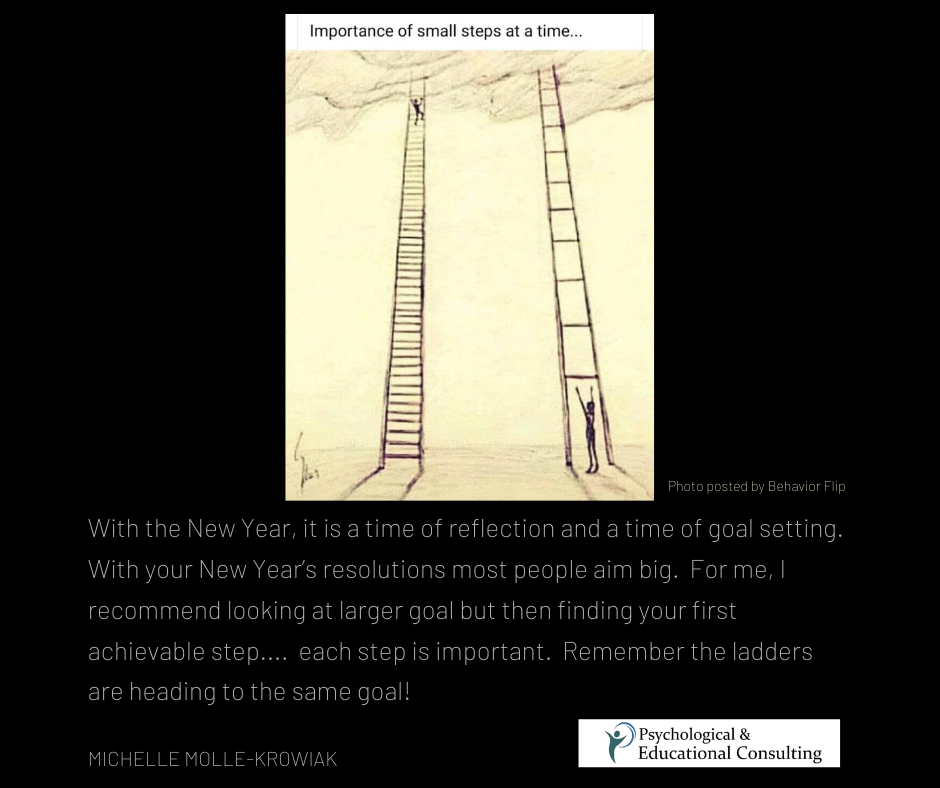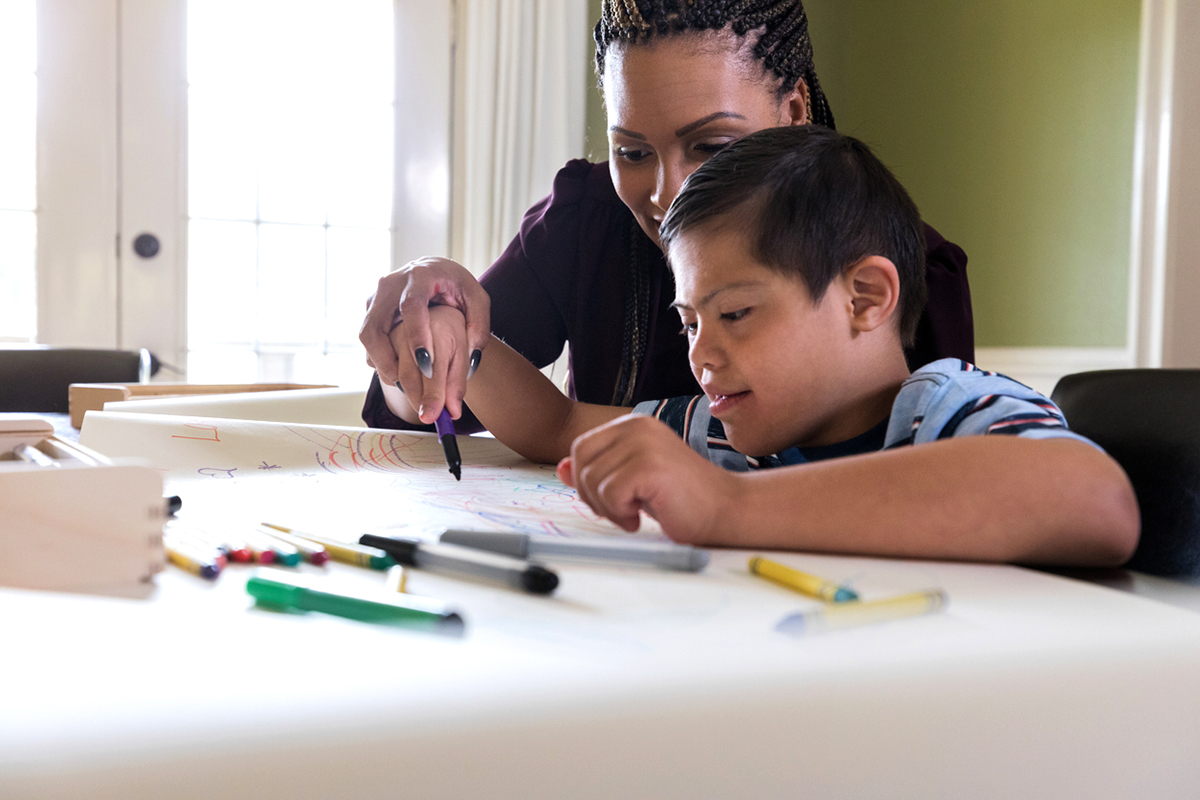
Late last week, the U.S. Department of Education issued a Questions and Answers document to give guidance on how Districts should be providing services to students with disabilities as the school buildings begin to close.
This past weekend, they issued a Supplemental Fact Sheet wherein they made it clear that Districts may provide special education and related services through distance instruction, whether virtually, online, or telephonically.
The question we have most frequently received since school closure became a possibility is: Does the district still have to follow my child’s IEP? In short, the answer is YES, as long as they are providing educational opportunities to the general student population. Specifically, the DOE stated that “schools must ensure that, to the greatest extent possible, each student with a disability can be provided the special education and related services identified in the student’s IEP developed under IDEA, or a plan developed under Section 504.” However, with the onset of this national emergency, the United States Department of Education has urged that parents and school districts be flexible and collaborative in working within the confines of distance teaching and safety measures to provide disabled students with a free and appropriate public education. Thus, related services that require physical contact may not be feasible at this time, but other services/accommodations such as extensions of time for assignments, videos with accurate captioning or embedded sign language interpreting, accessible reading materials, and many speech or language services through video conferencing, may be able to be provided.
School districts will be required to assess on a case by case basis whether compensatory education services are required when school resumes.
We have had a few IEP meetings via google hangout and conference call within the past week. So far, they have gone more smoothly than anticipated. We are learning ways to make them more efficient (i.e., mute if you are not speaking, in order to eliminate background noise; if it is just an audio call, have speakers identify themselves). Please be patient with Districts as they work out the kinks in this new way of conducting meetings. If you have an IEP meeting coming up, or are due for an annual review meeting, we recommend you reach out to your child’s case manager to inquire how the meeting will be conducted. We have obtained the appropriate technology so that if your IEP team states that they are unable to handle a remote meeting, we can certainly “host” it for them.
Finally, we hope you are all staying safe, and isolated!
If you’d like to schedule a virtual meeting, please contact Melissa (admin@manesweinberg.com), and she will schedule something for you. You can also call our office (973) (376) (7733).
Manes & Weinberg | Special Needs Lawyers, LLC
Image by pexels











